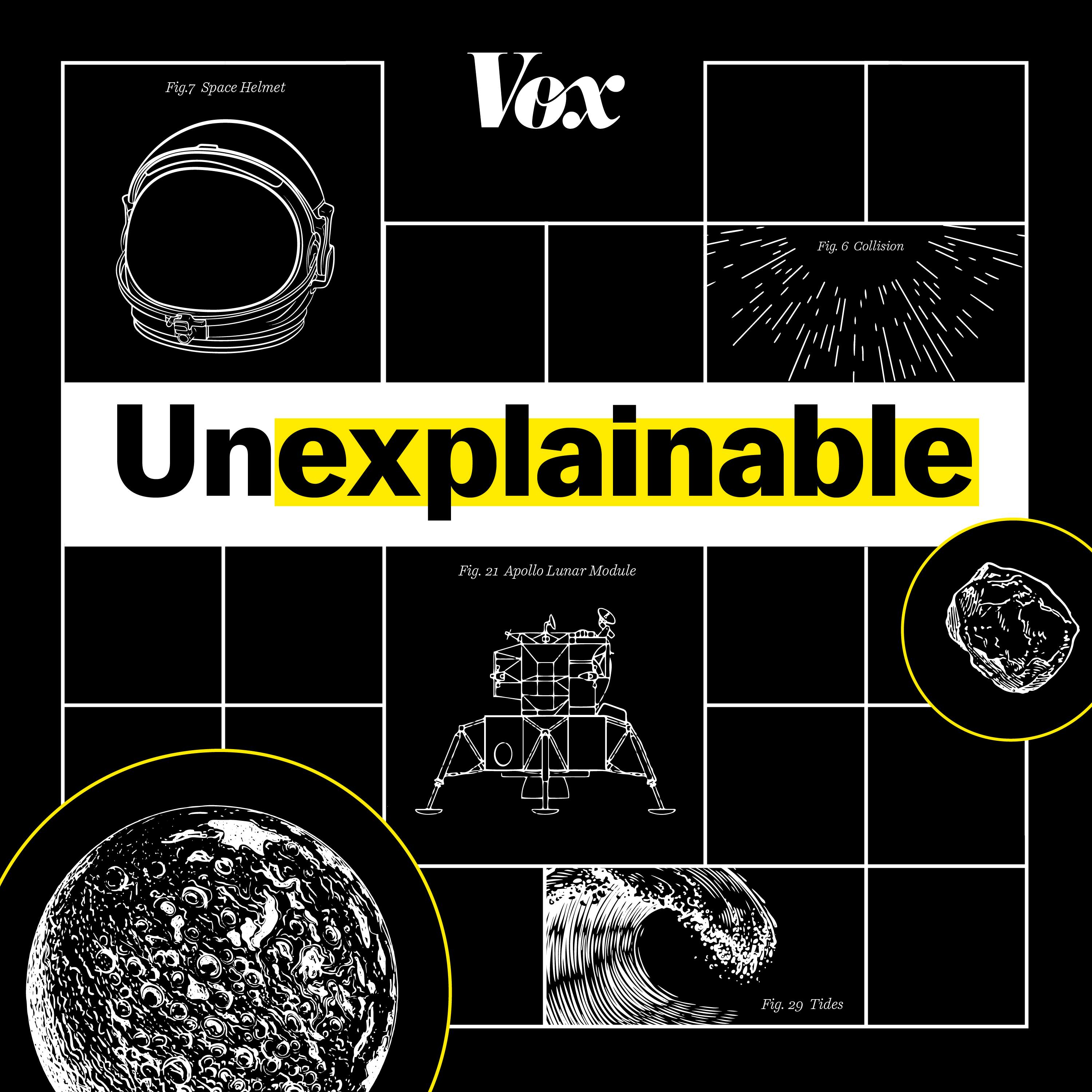We're sunsetting PodQuest on 2025-07-28. Thank you for your support!
Export Podcast Subscriptions
D
Darby Dyer
M
Meredith Hodnot
R
Rebecca Boyle
Rebecca Boyle: 月球的独特之处在于其相对于地球的巨大尺寸以及与其他类地行星卫星的显著差异。月球的起源是一个长期困扰科学家的谜题,其形成过程可能涉及到剧烈的宇宙事件。
Rebecca Boyle: 巨大撞击假说认为,月球是由地球与一颗名为忒伊亚的火星大小的行星碰撞形成的。这次碰撞是灾难性的,导致了大量物质的喷射,最终形成了月球。然而,月球岩石的化学成分与地球岩石非常相似,这与忒伊亚的残骸应该具有不同化学特征的预期相矛盾。
Rebecca Boyle: 一种新的理论认为,地球和忒伊亚的碰撞导致两者完全熔化,形成一个旋转的熔岩盘,最终形成了地球和月球。另一种理论认为,忒伊亚的残骸可能存在于地球的地幔中,这需要进一步的研究来证实。
Meredith Hodnot: 阿波罗任务带回的月球样本为研究月球的起源提供了宝贵的数据。这些样本表明,月球的形成并非简单的尘埃和碎屑缓慢聚集,而是一个巨大的、剧烈的事件的结果。月球岩石中富含斜长岩,这表明月球可能经历过巨大的熔融过程。
Meredith Hodnot: 月球的形成可能是一个非常罕见的事件,这使得地球的条件独特。月球的存在对地球生命至关重要,其引力导致潮汐,这可能促进了早期生命从海洋到陆地的过渡。月球还对地球的气候、大气和季节起着稳定作用。
Meredith Hodnot: 我们可能永远无法完全了解月球的起源,但这促使了对更深层次宇宙问题的探索。寻找地外生命时,也应该关注系外行星的卫星。
Darby Dyer: 作为一名行星科学家,我亲手接触过月球样本,这让我对月球的起源和历史充满了敬畏。月球岩石蕴含着丰富的历史信息,需要科学家们不断探索和研究。
Deep Dive
The moon is unlike any other moon in the solar system, being significantly larger compared to Earth and having a unique composition.
Shownotes Transcript
In all our searching of the universe, we’ve never seen another moon like ours. It's big, it's weird, it's played a huge role in shaping our planet. But how did we get it? Every possible story points to cataclysm.
This is the second episode of our new four-part series, Lost Worlds).
For more, go to http://vox.com/unexplainable)
It’s a great place to view show transcripts and read more about the topics on our show.
Also, email us! [email protected])
We read every email.
Support Unexplainable by making a financial contribution to Vox! bit.ly/givepodcasts)
Learn more about your ad choices. Visit podcastchoices.com/adchoices)
